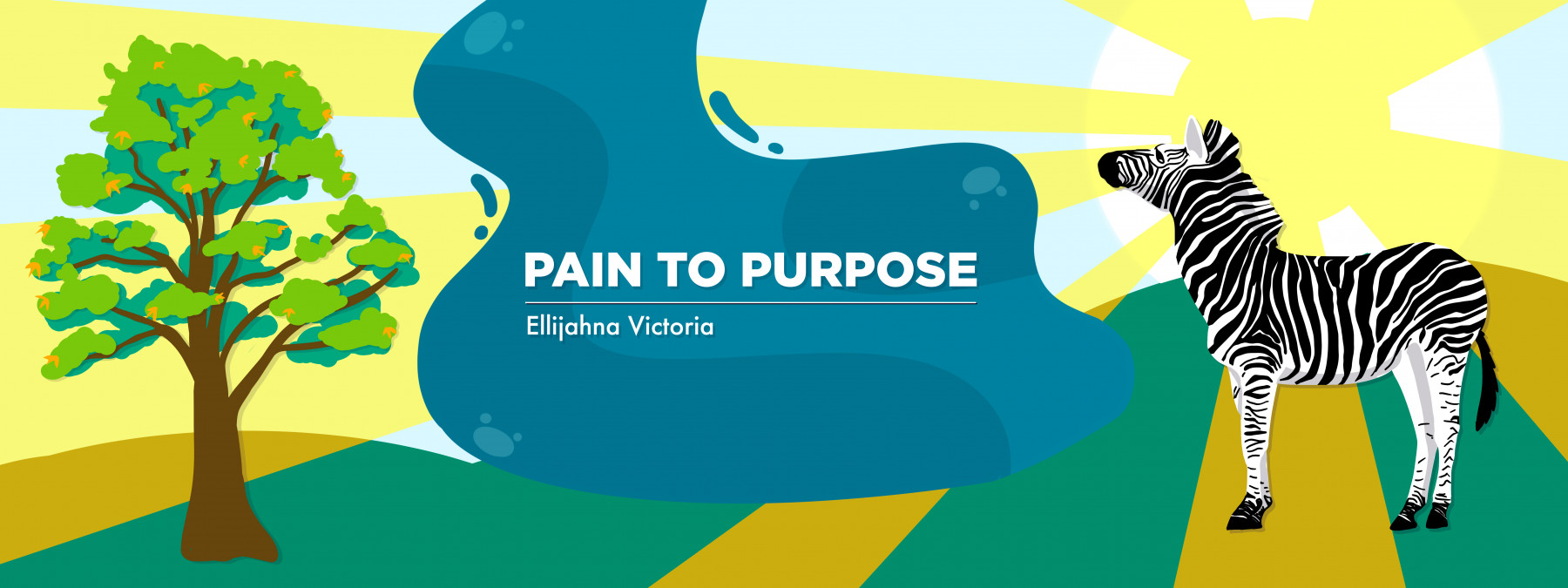You Can’t Choose the Wounds, but You Can Choose How You Heal
Accepting, and learning from, the trauma of having Cushing's disease
Written by |

Recently, I saw a tweet that responded to the old saying “what doesn’t kill you makes you stronger” by urging people to “stop glorifying trauma as a life lesson we’ve been blessed with.” This challenged me. If you’ve been reading my columns, you know I often talk about how Cushing’s has been a blessing for me because it humbled me, made me a better person, and gave me a platform to make a difference.
But in unpacking this tweet, I began to wonder if experiencing the trauma of Cushing’s disease was really a blessing and if I was guilty of glorifying my trauma as something positive. Was I enabling a mindset that dismissed all the struggle and harm trauma causes? After all, trauma is traumatic. And experiencing the trauma certainly didn’t feel like a blessing at the time.
Back when I had Cushing’s, I used to consider it a form of victim blaming when people told me I should be grateful for the awful symptoms I was experiencing because “everything happens for a reason” and there was always someone out there doing worse than me. But how could I be grateful for having a disease that was literally destroying my body and trying to kill me?
The trauma of losing my body followed my transsphenoidal surgery, which removed a tumor from my pituitary gland. Soon afterward, I was told I’d need a second procedure. I’d gone through a bumpy recovery from my first surgery, and I was terrified of having to relive that experience. Even after being told I was in remission 18 months later, a cloud of doubt was still hanging over me, since I knew a large percentage of people with Cushing’s are prone to relapses. I felt like I could never be truly free from it, no matter how strong I was.
It was hard to put a positive spin on the ordeal. And for a long time, I felt justified in holding space for grief and integrating all that had happened to me without needing to put a positive spin on it.
So what changed? Call it fate if you like, but during a time of desperation, I came across a YouTube video of an American pastor talking about understanding our decisions, and how even our smallest choices can take us a long way.
This made me reflect on the decisions I was making. I was choosing to allow the trauma of Cushing’s to define me. And at that time, I was at a pivotal crossroads — even though I had gone through a traumatic event, I had the choice to continue to let fear, anxiety, and self-pity consume me or accept the trauma as a challenge to learn and heal.
In every situation, I would ask myself, “What can I learn from this?” Let me stress, it wasn’t easy to keep looking for a silver lining for every negative thing I was going through. How did having complications from transsphenoidal surgery — including a cerebrospinal fluid leak and diabetes insipidus (when the body makes too much urine) — make me a better person?
Looking back, breaking it down granularly as I did was probably too much. But in the grand scheme of things, it all added up and gave me knowledge and understanding that I can now pass on to others. The most important thing I learned from all of this was how resilient I am.
My life changed when I decided to stop playing the victim. And I truly believe that while the event — or the trauma — itself is a tragic life circumstance, accepting it as a challenge to learn necessary lessons is not a glorification. Instead, it’s a constructive and creative acceptance of the situation you face. The sense of glory comes when people can celebrate their transcendence of PTSD. And no one can take that moment of celebration away, ever.
There’s no doubt Cushing’s shaped me into who I am today, but how it shaped me was up to me. You can’t choose the wounds, but you can choose how you heal.
Note: Cushing’s Disease News is strictly a news and information website about the disease. It does not provide medical advice, diagnosis, or treatment. This content is not intended to be a substitute for professional medical advice, diagnosis, or treatment. Always seek the advice of your physician or other qualified health provider with any questions you may have regarding a medical condition. Never disregard professional medical advice or delay in seeking it because of something you have read on this website. The opinions expressed in this column are not those of Cushing’s Disease News or its parent company, Bionews, and are intended to spark discussion about issues pertaining to Cushing’s.







Leave a comment
Fill in the required fields to post. Your email address will not be published.